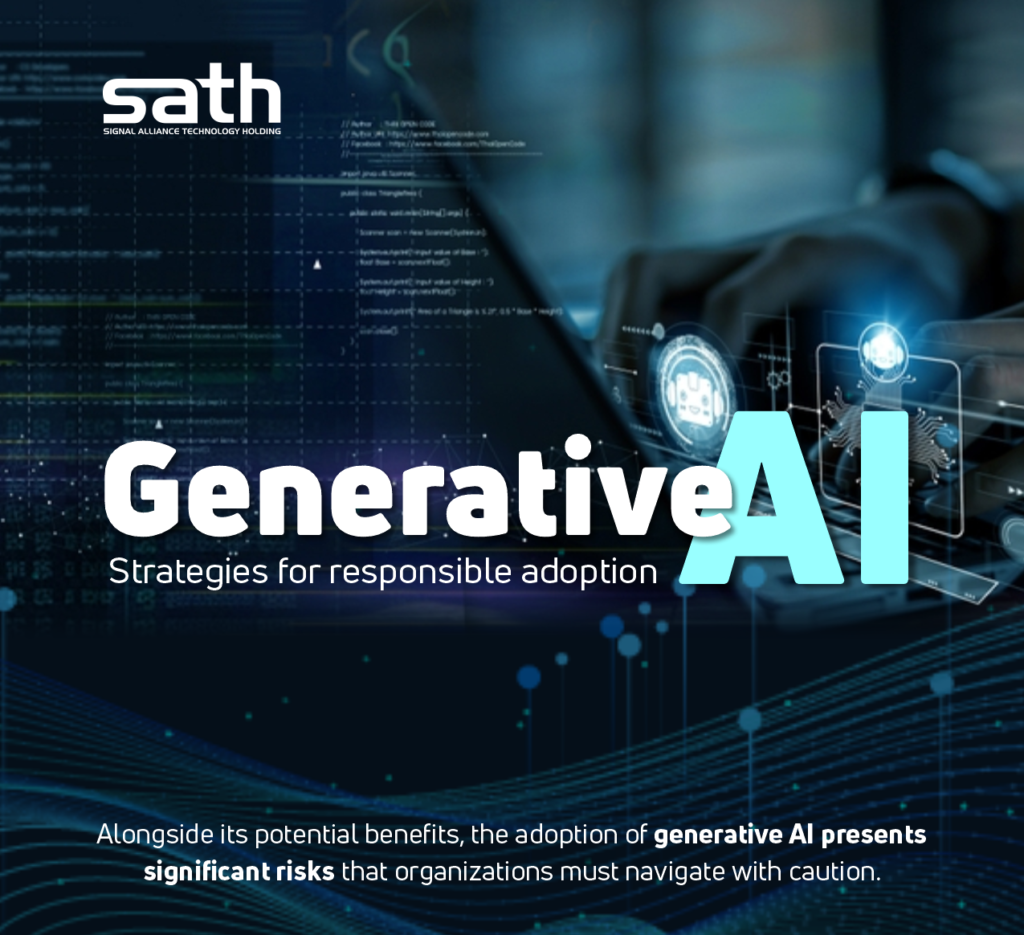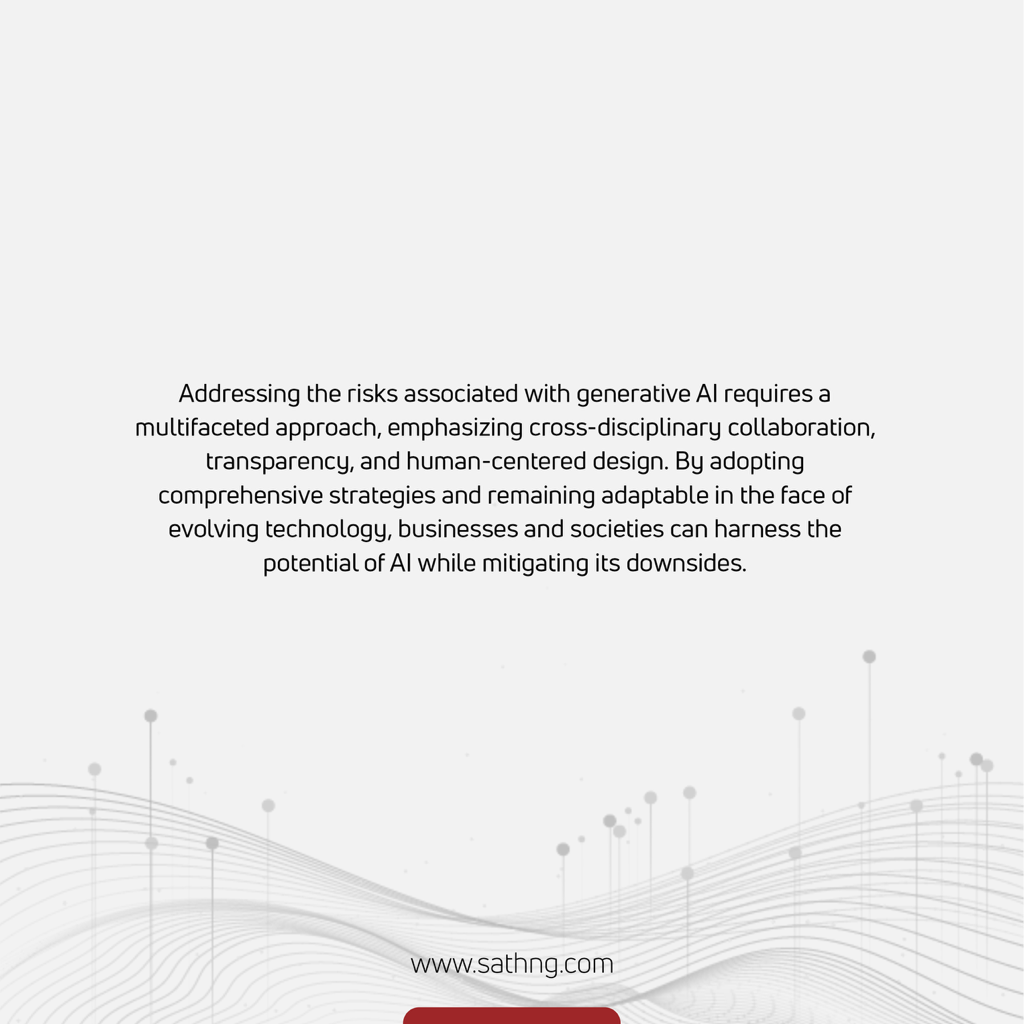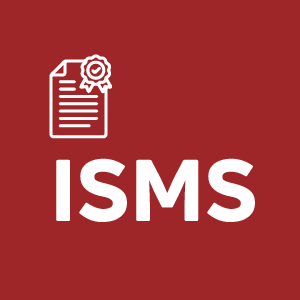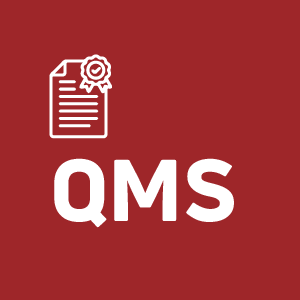
In recent times, generative artificial intelligence (AI) has emerged as a powerful tool for creating content ranging from text and images to music.
Generative AI refers to a class of algorithms trained to generate new content similar to a given dataset. These algorithms, often based on neural networks, help generate realistic images, coherent articles and more.
Read: Navigating the Future of Work in Nigeria: Embracing the Hybrid Work Model
One of the most well-known examples is OpenAI’s GPT (Generative Pre-trained Transformer) models. These models have been trained on vast amounts of text data to generate human-like text.
While the capabilities of AI are undeniably impressive, they also come with inherent risks and ethical considerations.
However, alongside its potential benefits, the adoption of AI presents significant risks that organizations must navigate with caution.
This article points out the top five risks associated with generative AI adoption and proposes mitigation strategies to ensure responsible use.
1. Intellectual Property concerns
2. Malicious Use and Disinformation

3. Economic and Employment Impact
4. Ethical and Bias Concerns

5. Data Privacy Issues




















































































